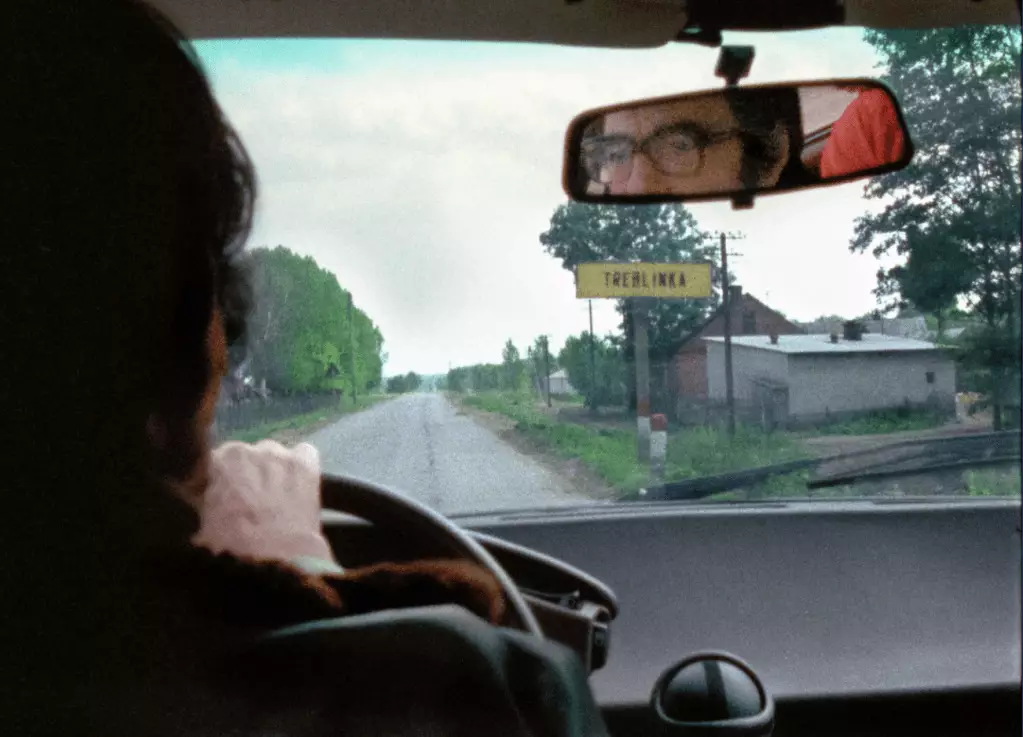The Berlin Film Festival has provided a poignant platform this year to celebrate one of the most significant films in documentary history—Claude Lanzmann’s Shoah. Released four decades ago, this nearly ten-hour-long exploration of the Holocaust has become a foundational text in understanding this tragedy. The festival’s showcasing of Shoah is not merely a retrospective; it serves as a vital reminder of the atrocities that defined a generation and the cultural lens through which we now examine them.
Lanzmann’s approach, as noted in the Berlinale’s program, departs from conventional methods by eschewing historical footage. Instead, he engages with the narratives of survivors, witnesses, and even the perpetrators, invoking an emotional resonance that allows viewers to confront the Holocaust’s harrowing truths directly. This choice shapes the documentary into a living archive of painful memories, overwhelmed by the weight of its content, while compelling audiences to reflect on their own roles within the historical continuum.
A New Perspective: All I Had Was Nothingness
In conjunction with this commemorative screening, Guillaume Ribot’s new film, *All I Had Was Nothingness (Je n’avais que le néant)*, adds another layer of exploration to Lanzmann’s legacy. This new work not only revisits the central themes of Shoah but also reveals moments excluded from the original narrative. One particularly striking segment captures the unsettling responses of neighbors who refuse to engage with the history of a suspected war criminal living among them. This confrontation raises profound questions about collective memory and societal responsibility, challenging audiences to examine their own complicity in ignoring uncomfortable truths.
Furthermore, Ribot’s film utilizes Lanzmann’s own writings and previously unreleased footage, creating a bridge between past and present, and reaffirming the relevance of the discussions initiated by Shoah. With Shoah’s recent addition to the UNESCO Memory of the World Register, Ribot’s homage is timely, affirming the necessity of preserving such narratives in the collective consciousness.
Reflecting on a Creative Genius
This year marks what would have been Lanzmann’s 100th birthday—a poignant occasion to reflect on his diverse contributions to cinema and thought. Even after completing Shoah, Lanzmann remained a vital cultural figure, producing films like *Napalm*, which offer glimpses into his multifaceted life and the artistic vigor that characterized his career. His relationships with intellectual giants like Jean-Paul Sartre and Simone de Beauvoir further underline the interconnections between art, politics, and philosophy that permeate his work.
The Berlinale’s recognition of Shoah is thus not merely a celebration of a film but an acknowledgment of Lanzmann’s relentless pursuit of truth-telling. It challenges both filmmakers and audiences alike to confront the compounding nature of historical narratives and collective memory. As we engage with Lanzmann’s achievements, we are reminded that the act of documentation transcends mere record-keeping—it is an invitation to dialogue, understanding, and ultimately, remembrance.
Through these layers of celebration and critic reflection, it is clear that the legacy of Shoah, along with the insights of contemporary works like Ribot’s film, will continue to resonate, challenging us to confront our own histories and responsibilities in an ever-changing world.


Leave a Reply